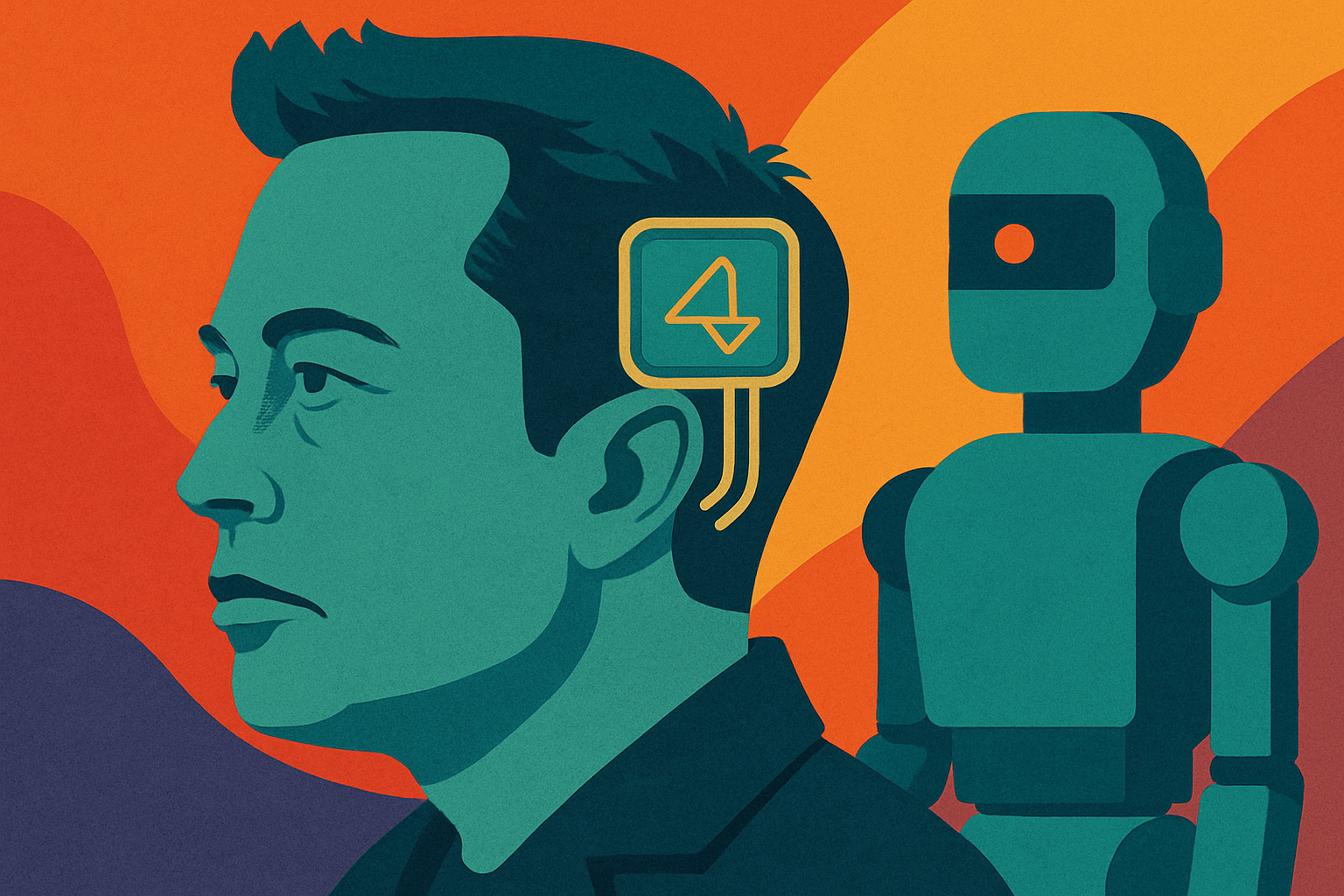
Neuralink: The Brain’s New Interface
Imagine a world where you can type just by thinking, restore lost senses, or even upload knowledge into your brain. Elon Musk’s brain-computer interface company, Neuralink, wants to turn these sci-fi dreams into reality. It’s not just about merging humans with machines—it’s about redefining what it means to be human in a digital age.
Neuralink's core technology is a brain implant—a coin-sized chip inserted into the skull, with ultra-thin wires that connect directly to neurons. The chip can read electrical signals from the brain and translate them into data a computer can understand. It’s a leap far beyond anything current prosthetic or assistive tech can do.
The company made headlines in early 2024 when it implanted its device into a human patient for the first time. That patient, who was paralyzed, was able to move a mouse cursor on a screen using only his thoughts. While the results are early, they are groundbreaking.
“We hope to enable someone who has almost no ability to operate their muscles… to operate a phone faster than someone with thumbs.”
— Elon Musk, Neuralink Co-Founder
Applications go far beyond assistive tech. Neuralink aims to treat conditions like ALS, blindness, and Parkinson’s. Long-term, it could allow full symbiosis with AI—uploading memories, enhancing cognition, or communicating brain-to-brain. It’s futuristic, but not impossible.
Of course, the tech comes with serious questions. Implanting chips into human brains raises concerns about data privacy, neural security, and consent. Could someone hack your thoughts? Will corporations get access to your inner world? And what does this mean for inequality—will brain-enhancement only be available to the rich?
Neuralink isn't the only company working on brain-computer interfaces, but it is the most ambitious. Musk has called it "like a Fitbit in your skull." Whether that’s exciting or terrifying depends on your perspective.
As we move closer to blurring the lines between human and machine, Neuralink stands at the center of a new kind of revolution—one that will challenge medicine, ethics, and our very identity.